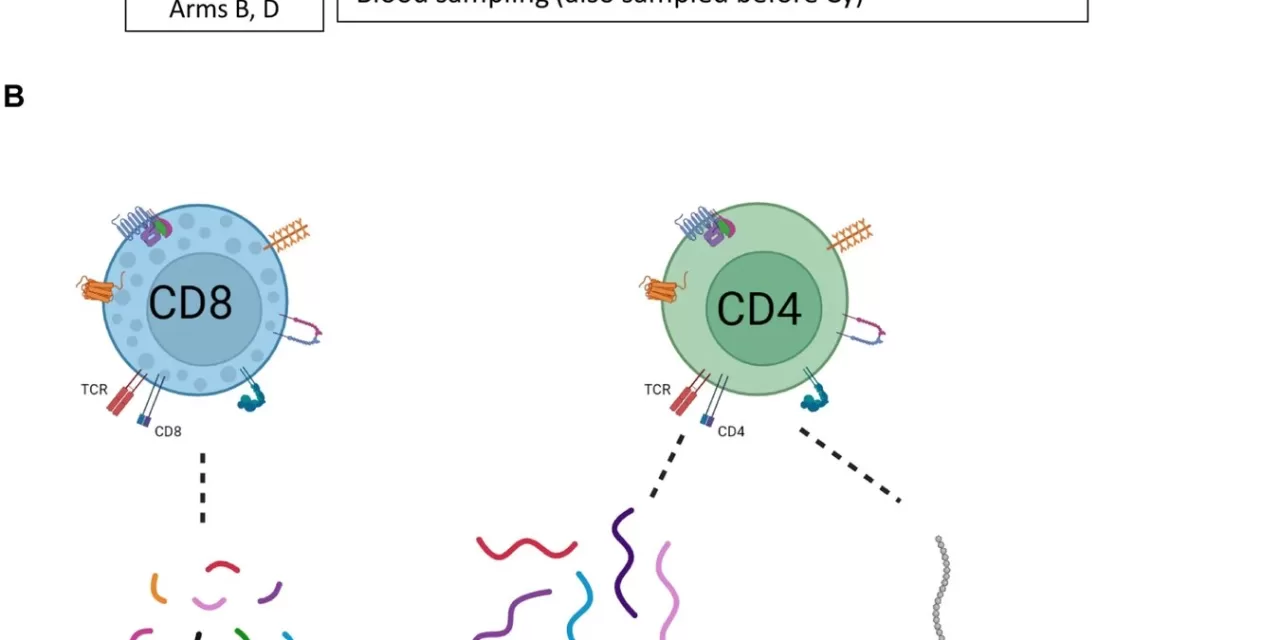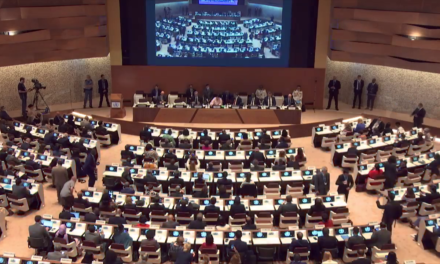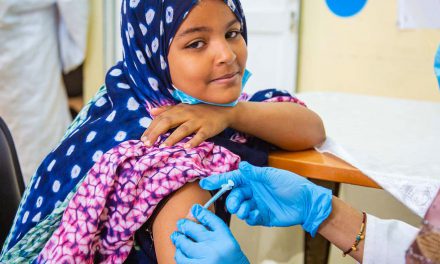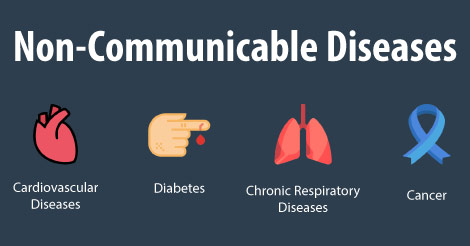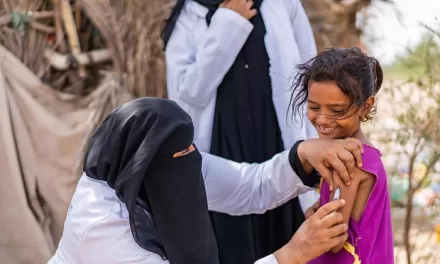Research Reveals Potential Gender Differences in Vaccine Effectiveness
New research from the UVA Cancer Center unveils promising advancements in the treatment of melanoma, a deadly form of skin cancer, with the development of a second-generation melanoma vaccine. Led by Dr. Craig L. Slingluff Jr., the study demonstrates significant improvements in long-term survival rates for melanoma patients, particularly among male recipients.
The study, published in Nature Communications, showcases the effectiveness of the second-generation vaccine in enhancing patient survival and preventing cancer recurrence. Unlike its predecessor, the new vaccine stimulates both killer T cells and helper T cells, vital components of the immune system, to target melanoma proteins, thereby bolstering the body’s defenses against the disease.
Dr. Slingluff explains the importance of this approach: “By simultaneously activating helper T cells and killer T cells, we were able to significantly enhance the efficacy of our melanoma vaccine, leading to improved survival outcomes for patients.”
Interestingly, the study also uncovered gender-specific differences in vaccine effectiveness, with male patients experiencing greater benefits compared to their female counterparts. While the underlying reasons for this discrepancy remain unclear, the findings underscore the importance of considering biological sex in cancer immunotherapy research.
“We are witnessing a paradigm shift in our understanding of how gender influences immune therapy outcomes,” notes Dr. Slingluff. “These findings emphasize the need for tailored treatment approaches that account for the unique biological differences between men and women.”
The multicenter trial, involving over 160 clinical trial participants, demonstrated encouraging overall survival rates among individuals receiving the second-generation vaccine. Notably, younger men with earlier-stage melanoma derived the greatest benefit from the vaccine, highlighting the potential impact of age and sex on treatment outcomes.
The study’s findings hold significant implications for the future of melanoma treatment and cancer immunotherapy research. Dr. Slingluff envisions the combination of the second-generation vaccine with other immune therapies as a promising strategy to further enhance patient outcomes.
“We are entering a new era of personalized medicine, where treatment strategies are tailored to individual patients based on their unique characteristics,” says Dr. Slingluff. “By understanding the factors influencing vaccine effectiveness, we can optimize treatment protocols to maximize benefits for all patients.”
As researchers continue to unravel the complexities of melanoma and cancer immunotherapy, the quest for innovative treatments that improve patient survival remains a top priority. The development of the second-generation melanoma vaccine represents a significant step forward in this endeavor, offering hope for better outcomes and prolonged survival for individuals battling this devastating disease.

